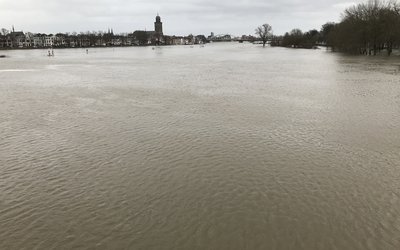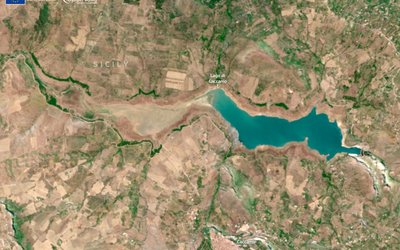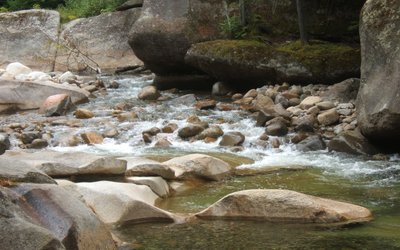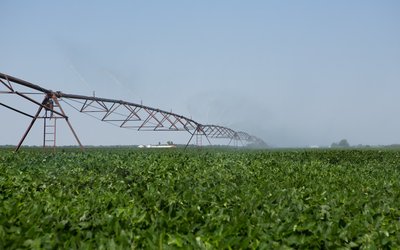Improving Mexico City’s resilience to current water issues and climate change
October 14, 2016
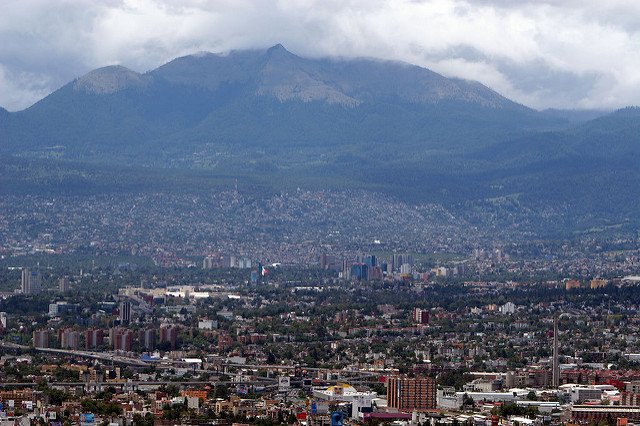
Sponsored by Deltares (www.deltares.nl)
Most of the world’s biggest cities face similar water challenges. These challenges are the supply of fresh water of high quality for millions of people, the improvement and protection of surface and groundwater quality, the discharge and treatment of wastewater, and flood protection. Land subsidence, mostly due to the withdrawal of large volumes of groundwater for decades, often makes the situation more complicated: it increases the city's flood risk and may lead to the salinization of groundwater in delta cities. We need to make cities more resilient, with respect to both current issues and climate change.
Improving the resilience of big cities is part of the work of Dutch research institute Deltares. They will do so for Mexico City, a city with 20 million residents. Together with Universidad Autónoma Metropolitana (UAM), Deltares will contribute to the resilience strategy of Xochimilco, a borough of Mexico City.
A Unesco World Heritage site
Xochimilco, one of the boroughs of Mexico City, is a Unesco World Heritage site due to the old canals and traditional Chinampas (artificial islands) dating from the time of the Aztecs. Today, however, Xochimilco has major problems with its water management. The original water system has totally changed and the traditional use of land has come under great pressure due to urbanisation and lack of sanitation. The latter results in poor water quality. The area is regularly flooded and often suffers water shortages. Many of the residents of Xochimilco therefore have no running water or other facilities.
The land has subsided considerably
Following years of groundwater pumping, the land has subsided considerably causing a great deal of damage to houses and infrastructure. With the existing knowledge and data about Xochimilco available from Mexican knowledge institutes, local governments and other interested parties, Deltares plans to produce integral models of the ground and surface water system. With these models, the borough will be able to improve its future water management and deal with the challenges mentioned above.
Deltares and UAM will thus contribute to making this Unesco World Heritage site more sustainable and resilient with respect to today’s water challenges and future consequences of climate change.
Photo: Pulpolux (www.flickr.com)

